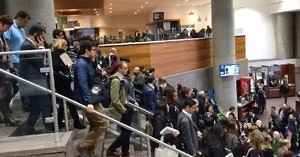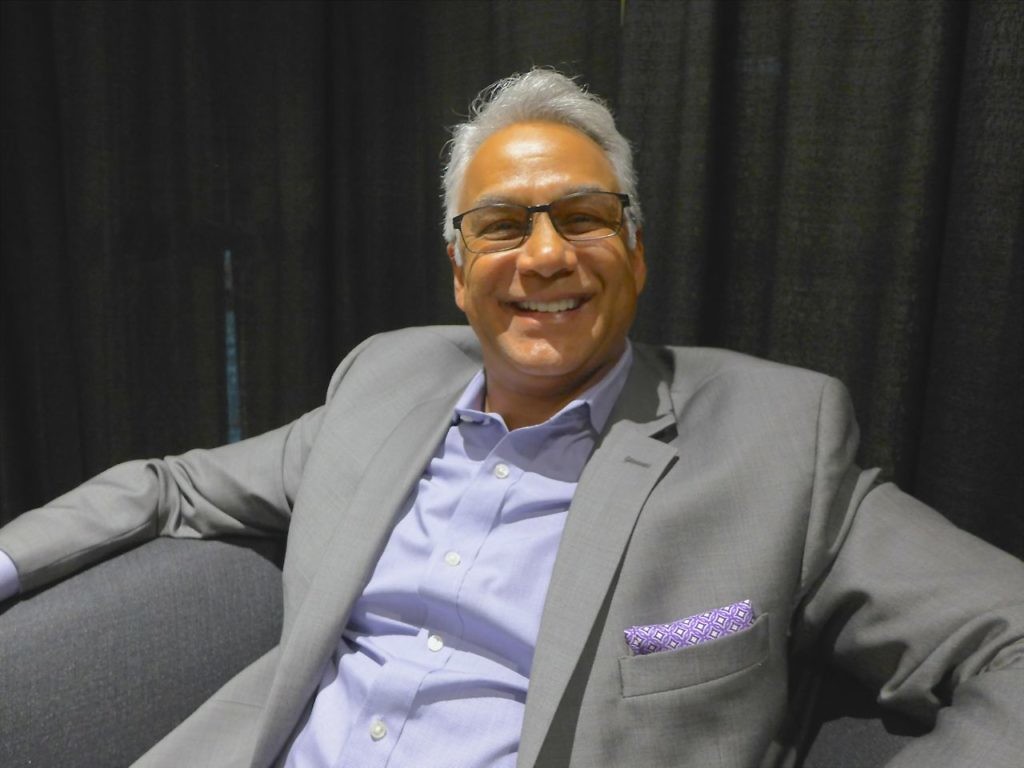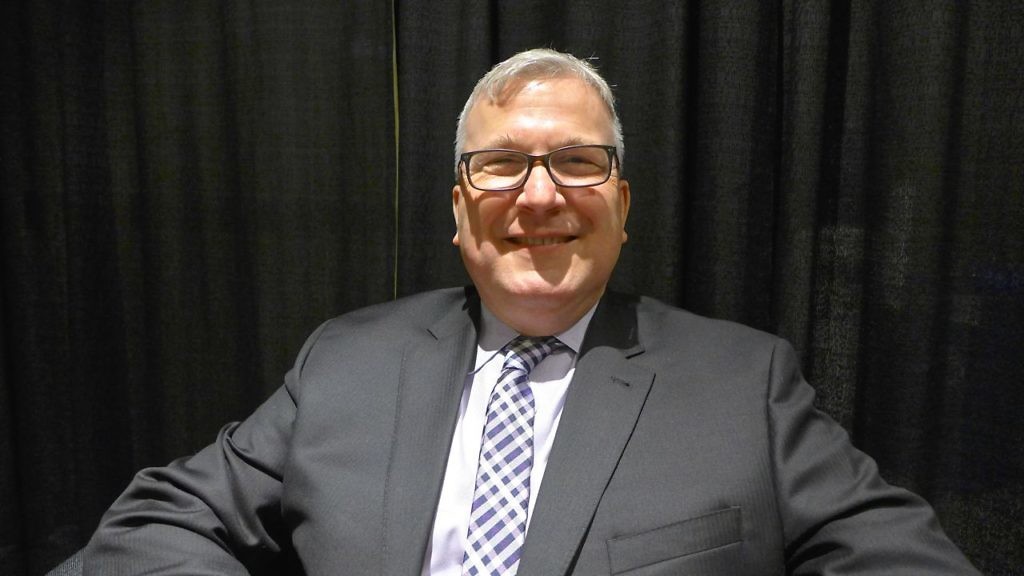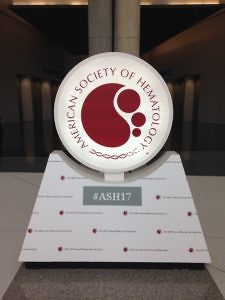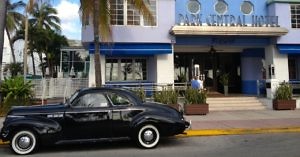Targeting NK cells effectively in AML
Continuing our NK cell series, we turn to a different area of work within this niche, namely how cytokines can help boost effectiveness of the clinical responses in hematologic malignancies through their impact on memory-like cells.

Spring is in the air!
This is an important aspect to consider bearing in mind that while NK cells can be useful in attacking cancer cells, they are also notoriously more fickle and less durable than their T cell cousins in sustaining cytlotic effects.
How can this be fixed? What therapeutic approaches might be potentially useful in addressing the problem?
To find out more, we spoke to a learned clinician-scientist involved in research in this arena to learn more about what he had to say and also discover why a molecule they are working on in early clinical development is starting to look quite promising.
The good news is that it may also have utility in solid tumours as well, through the effects that it induces.
To learn more from our latest thought leader interview and get a heads up on our latest oncology insights, subscribers can log-in or you can click to gain access to BSB Premium Content.
This content is restricted to subscribers
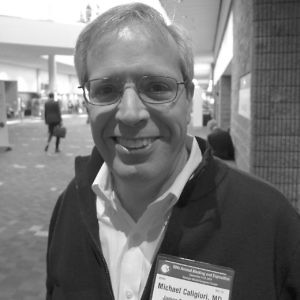
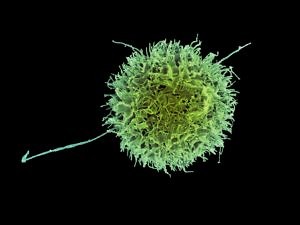
 As part of our #JPM18 coverage we like to feature up and coming companies to watch out for, one of these is Syros Pharmaceuticals (NASDAQ: SYRS). In this post we take a look at what’s on the horizon for the company in 2018?
As part of our #JPM18 coverage we like to feature up and coming companies to watch out for, one of these is Syros Pharmaceuticals (NASDAQ: SYRS). In this post we take a look at what’s on the horizon for the company in 2018?